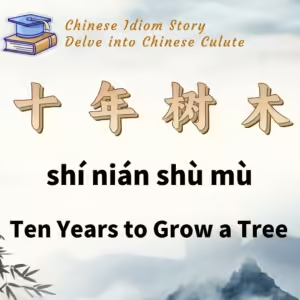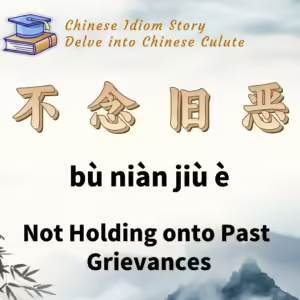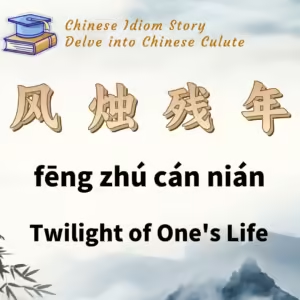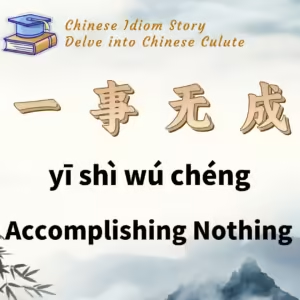
Chinese Idiom: 十年树木 (Shi Nian Shu Mu)
English Translation: Ten Years to Grow a Tree
pīn yīn: shí nián shù mù
Idiom Meaning: This idiom highlights that nurturing talent takes a long time, much like how it takes ten years to grow a tree that can eventually provide benefits. It signifies that cultivating talent is a long-term endeavor and not easily accomplished. Here, “树” (shù) refers to the act of planting and nurturing.
Historical Source: Guanzi: Principles of Governance (管子·权修).
Idiom Story: In Guanzi: Principles of Governance, there is a passage that reads: “For a one-year plan, nothing is better than planting grain; for a ten-year plan, nothing is better than planting trees; for a lifetime plan, nothing is better than cultivating people. A field of grain yields a harvest in a year; a forest of trees yields benefits in ten years; but nurturing people yields the greatest benefits over a lifetime.”
This means that for short-term results, planting grain is ideal as it provides quick returns. For medium-term benefits, planting trees is better, as it takes ten years to start yielding results. For the long-term, cultivating talent is most effective, as it provides the greatest and most enduring benefits.
The idiom emphasizes the importance of investing time and effort into education and talent development. Just as it takes a decade to grow a tree that will bear fruit, fostering skilled and knowledgeable individuals requires considerable time and patience. This principle underscores the belief that nurturing people is fundamental to long-term success and prosperity.
Later, this idea has been recognized as essential for national development, with educational efforts seen as a crucial strategy for building a strong foundation for the future. For instance, The History of the Yuan Dynasty notes, “Educating talent is the fundamental strategy.”






